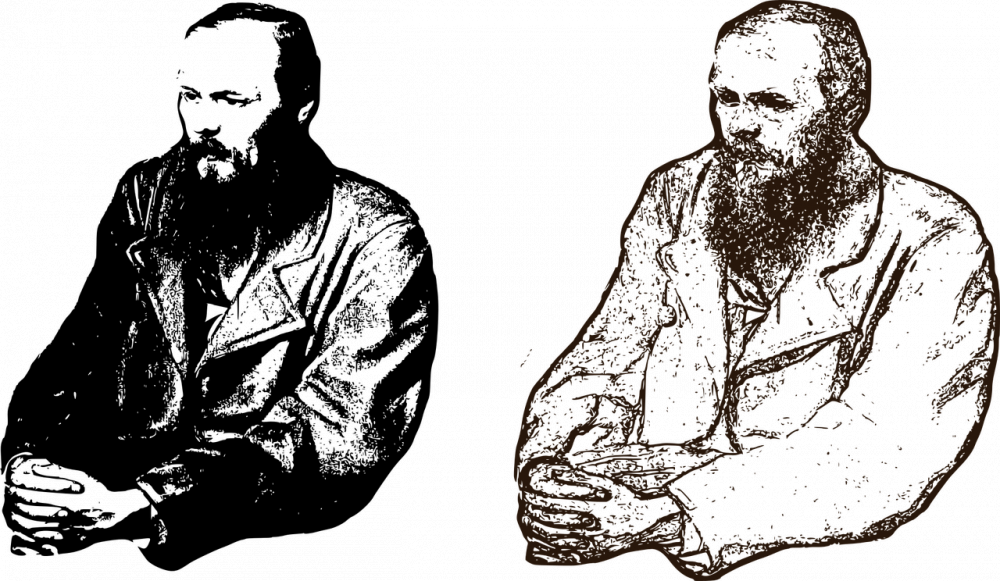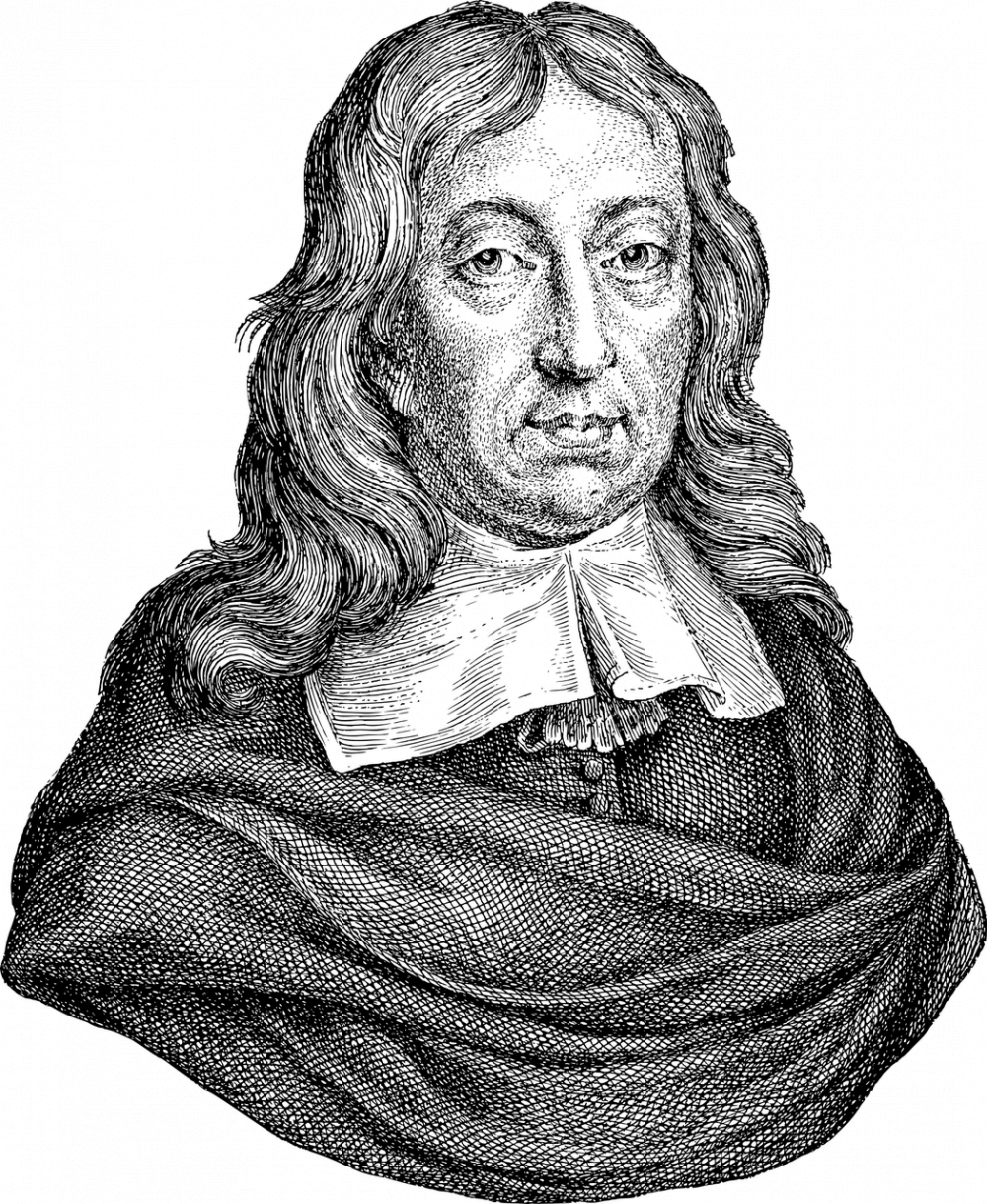George Orwell: A Deep Dive into the Life and Works of the Renowned Author

Introduction:
George Orwell, born as Eric Arthur Blair on June 25, 1903, was a British author and journalist renowned for his captivating and thought-provoking works. As one of the most celebrated literary figures of the 20th century, Orwell’s writings continue to resonate with readers around the globe. In this article, we will delve into the life and evolution of George Orwell, highlighting key aspects that are essential for anyone interested in understanding his contributions to literature and society.
The Life of George Orwell:

Born in Motihari, Bengal Presidency, British India, George Orwell spent his early years in a colonial setting. This experience laid the foundation for his critical views on imperialism, which later influenced his literary works. Orwell’s exposure to the stark realities of social inequality during his time in Burma also shaped his understanding of social justice, themes that are evident in many of his writings.
Orwell’s early education took him to prestigious schools such as St. Cyprian’s and Eton, providing him with a solid academic background. Later, he decided to dedicate his life to writing, working as a journalist and exploring different parts of Europe. These experiences broadened Orwell’s horizons and offered him unique insights into the political climate of the time.
Historical Evolution of George Orwell:
In our exploration of Orwell’s historical evolution, we witness his transformation from a young writer seeking his voice to an established figure armed with a deep understanding of societal issues. Throughout this journey, Orwell consistently challenged conventional thinking and fearlessly critiqued the oppressive systems surrounding him.
1. Early Works: Orwell’s early works, including “Down and Out in Paris and London” and “The Road to Wigan Pier,” reflect his commitment to understanding the lives of the working class. These vivid and empathetic portrayals of everyday struggles set the stage for his later socio-political commentaries.
2. The Spanish Civil War: Orwell’s time in Spain during the Spanish Civil War had a profound impact on his ideological development. Fighting alongside the Republican forces against General Franco’s Nationalists, Orwell observed firsthand the horrors of fascism, which solidified his anti-totalitarian stance.
3. Animal Farm: Published in 1945, “Animal Farm” is a satirical allegory that sheds light on the dangers of totalitarianism. Through the use of farm animals as allegorical figures, Orwell eloquently portrays the corrupting influence of power, ultimately emphasizing the importance of individualism and a vigilant citizenry.
4. 1984: Orwell’s magnum opus, “1984,” published in 1949, portrayed a dystopian society ruled by a totalitarian regime. This prophetic novel highlighted the erosion of personal freedom and the dangers of surveillance, themes that continue to resonate in modern society. Orwell’s creation of the concept of “Big Brother” has become emblematic of oppressive surveillance states.
Key Points about George Orwell:
To summarize the significance of George Orwell and his works, we outline the following key points:
1. Social Justice Advocate: Orwell’s experiences in imperialistic contexts and his commitment to social justice shaped his writings, making him a fervent advocate for the oppressed and marginalized.
2. Powerful Satire: Orwell’s use of satire as a tool for political commentary demonstrated his ability to blend humor with insightful criticisms of power structures.
3. Critique of Totalitarianism: Through his works, Orwell showcased the dangers of totalitarianism, emphasizing the importance of maintaining individual freedom and resisting oppressive regimes.
4. Prophetic Vision: Orwell’s prophetic vision, particularly evident in “1984,” serves as a stark warning against the erosion of personal liberties in an increasingly intrusive world.
Conclusion:
George Orwell’s legacy as a masterful writer continues to captivate and challenge readers. His ability to shed light on the perils of social injustice and totalitarianism remains as relevant today as it was during his lifetime. By immersing ourselves in Orwell’s life and works, we gain a deeper understanding of the complexities of our society and are encouraged to question authority, champion individual freedom, and safeguard democratic values.
[INSÆT VIDEO HER]
Sources:
1. Biography.com: George Orwell – http://www.biography.com/people/george-orwell-9429833





